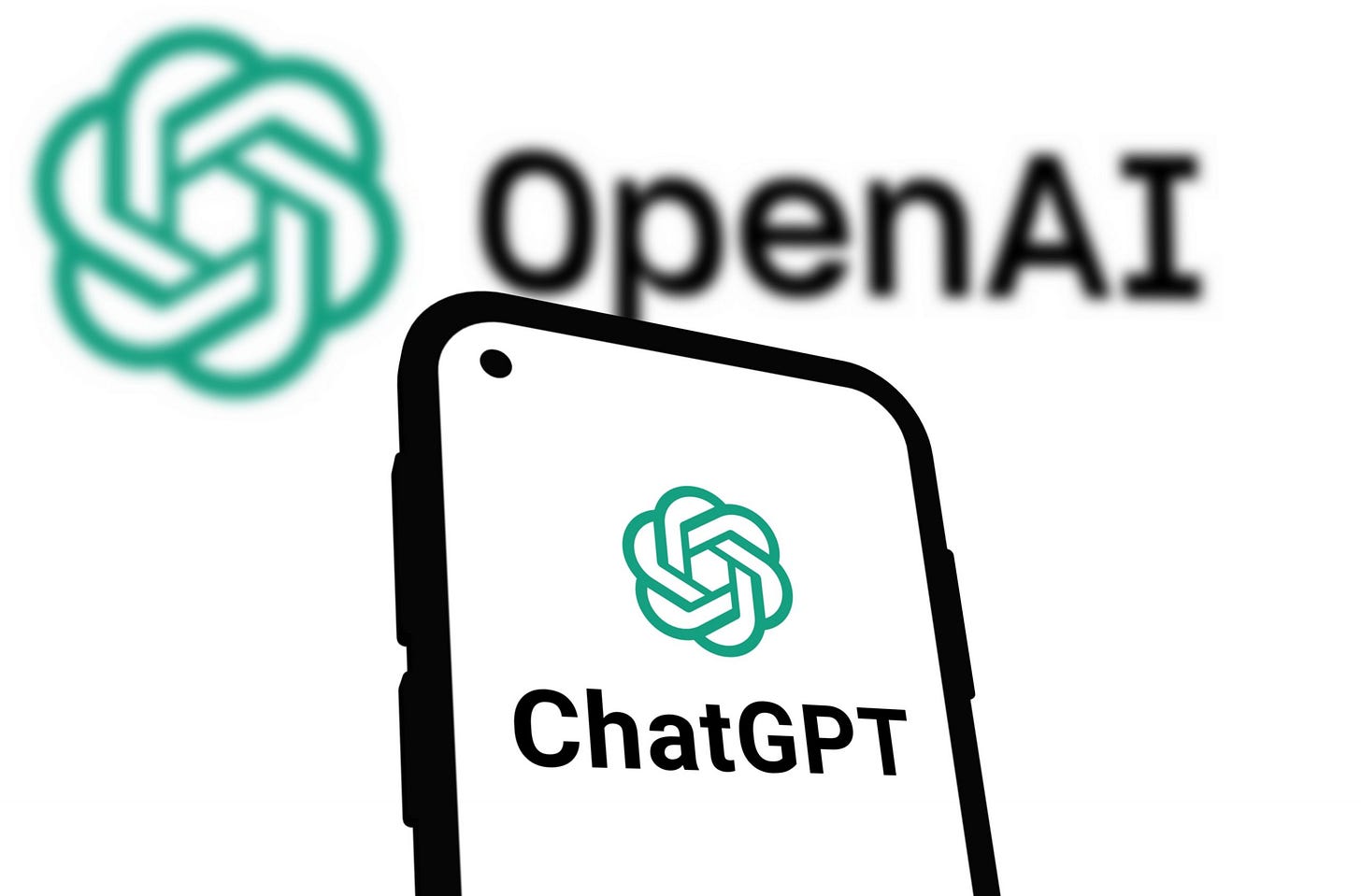OpenAI Launches 'Codex' AI Coding Agent Directly Within ChatGPT
OpenAI has officially integrated its powerful AI coding agent, known as Codex, directly into the ChatGPT platform, providing developers and technical users with enhanced code generation and assistance capabilities. This move aims to make AI-powered coding tools more accessible and seamlessly integrated into workflows.
Key Details
The integration brings the advanced capabilities of Codex, previously available through separate APIs or platforms, directly into the conversational interface of ChatGPT. Users can now leverage ChatGPT's natural language understanding to generate, debug, and optimize code across various programming languages. The announcement positions Codex within ChatGPT as a tool designed to significantly accelerate the development process and lower the barrier to entry for coding.
How it Works
Within the ChatGPT interface, users can describe coding tasks, ask for code examples, request debugging assistance, or even ask for explanations of complex code snippets using natural language prompts. Codex, operating under the hood, processes these requests to provide relevant code solutions, suggestions, and insights. The system is trained on a vast dataset of code and natural language, allowing it to understand context and generate highly relevant outputs.
Key functionalities highlighted include:
Code Generation: Creating functions, scripts, or even entire applications from descriptive text.
Code Explanation: Helping users understand unfamiliar or complex code.
Debugging Assistance: Identifying potential errors and suggesting fixes.
Code Refactoring: Suggesting improvements for code efficiency and readability.
Language Translation: Converting code between different programming languages.
Implications for Developers and Startups
The integration of Codex into ChatGPT is expected to have significant implications, particularly for startups and developers in regions like MENA. Access to such a powerful coding assistant within a widely used conversational tool can:
Increase Productivity: Automate repetitive coding tasks and speed up development cycles.
Lower Development Costs: Potentially reduce the need for extensive manual coding, especially for initial prototypes or simpler tasks.
Democratize Coding: Make programming more accessible to individuals with less traditional training by allowing them to interact with code using natural language.
Foster Innovation: Enable faster experimentation and iteration on new ideas and features.
For MENA startups, this could translate into quicker product launches and the ability to compete more effectively in the global tech landscape by leveraging cutting-edge AI tools readily available through ChatGPT.
About OpenAI
OpenAI is a research and deployment company focused on ensuring that artificial general intelligence benefits all of humanity. Founded with a mission to develop safe and beneficial AI, OpenAI has become a leader in the field, known for developing large language models like GPT-3, DALL-E, and the model powering ChatGPT. Their work aims to push the boundaries of AI capabilities while considering the societal implications of their advancements.
Looking Ahead
The integration of Codex into ChatGPT marks a significant step towards making AI coding assistance a standard tool in the developer's arsenal. Future developments could involve further specialization of the agent for different programming domains, deeper integration with developer workflows and tools, and potentially more advanced capabilities for handling complex software architecture and project management tasks through AI. This move underscores OpenAI's strategy to embed its powerful AI models into user-facing applications to drive wider adoption and utility.
Source: TechCrunch


